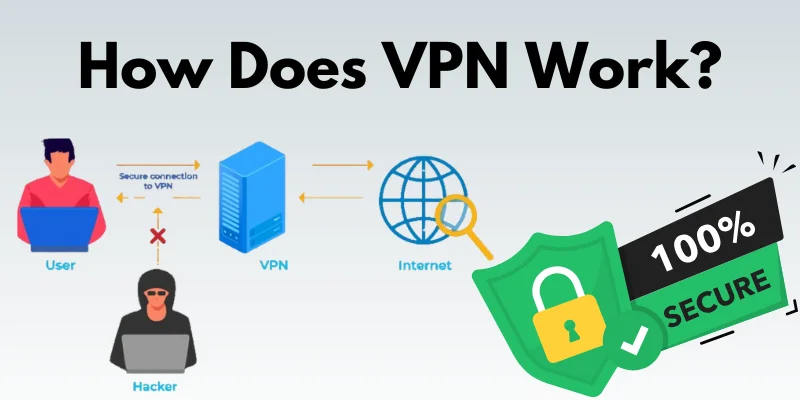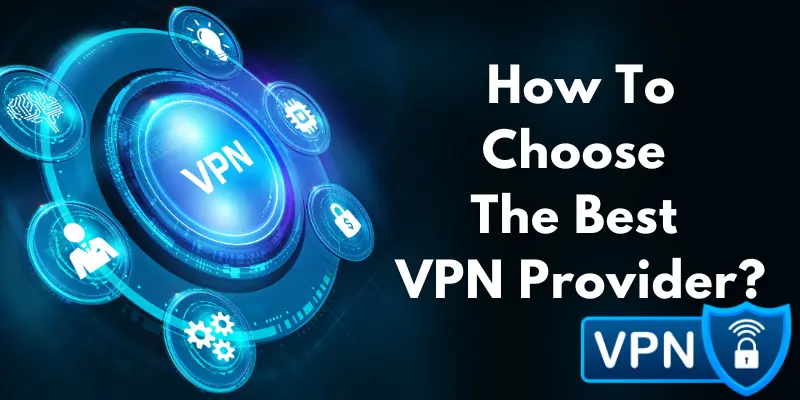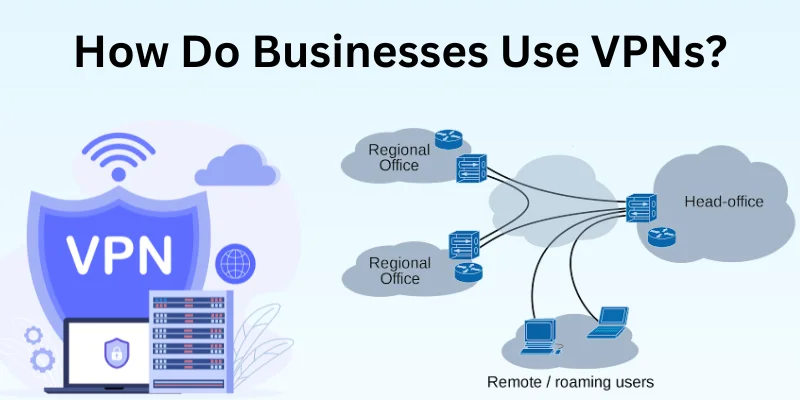What Is a VPN? Beginner’s Guide Explained
You might be thinking, what is a VPN, and why do people keep bringing it up? Maybe you’ve come across it while trying to stream content, protect your data, or just browse safely. If the term has ever left you confused or unsure, you’re in the right place.
This complete guide will explain everything clearly — no tech jargon, no confusion — just real, simple answers.
What is a VPN?
A VPN(Virtual Private Network) is like a private tunnel for your internet.
A VPN keeps your online activity safe and hidden from hackers, advertisers, or even your internet service provider (ISP).
Many providers offer VPN trials, which let you test the service before committing to a subscription.
It’s your shield for privacy and security in the digital world.
What is a VPN Used For?
People use VPNs for all kinds of reasons. Here are the main ones:
- Privacy: It hides your activity from others, like hackers or nosy advertisers.
- Security: It keeps your personal info, like passwords and bank details, safe from being stolen.
- Access: Want to watch a show that’s not available in your country? A VPN helps you bypass those annoying restrictions.
- Public Wi-Fi Safety: Using free Wi-Fi at a café or airport? A VPN secures your data so no one can steal it.
In short, a VPN is your online bodyguard.
How Does a VPN Work?
Here’s how it works in simple terms: When you use a VPN, it makes a secure connection between your device and a VPN server located somewhere else.

This server gives you a new IP address, thus hiding your real one. It encrypts (scrambles) your data so even if someone tries to intercept it, they can't read it.
From the outside world, it appears to the world that you are browsing from the server's location, not your actual one. Cool, right?
Why Should You Use a VPN?
There are plenty of reasons why using a VPN is a good idea:
- Stay Private: No one can track what you’re doing online, not even your ISP.
- Stay Secure: Your data is encrypted, keeping it safe from hackers and cybercriminals.
- Access Everything: Stream shows, access websites, and browse freely, no matter where you are.
- Avoid Ads and Trackers: VPNs can help block trackers that bombard you with targeted ads.
Whether you’re working, traveling, or just streaming your favorite shows, a VPN makes your online experience safer and smoother.
The General Manager of Band of Brothers Tour, once stated in an interview that from the moment one logs on, a VPN is like an invisible traveling companion, working, traveling, or traversing new worlds in one's favorite shows, guaranteeing privacy and making sure one's journey through the digital landscape proceeds without hindrance or insecurity.
How to Set Up a VPN?
Setting up a VPN is super easy. Here’s how you do it:
- Pick a good VPN provider (there are many trusted options).
- Download and install their app on your phone, laptop, or tablet.
- Log in to the app with your account details.
- Choose a server location (like the U.S., U.K., or another country).
- Hit “Connect,” and you’re ready to go!
That’s it! Once connected, you can browse the web securely and anonymously.
How to Choose the Best VPN Provider?
With so many options out there, picking the right VPN can feel overwhelming. Here’s what to look for:

- Speed: Nobody likes buffering. Choose a VPN with fast servers.
- Strong Security: Look for features like strong encryption and a no-logs policy.
- Lots of Servers: More server locations mean more access to content worldwide.
- Easy to Use: A simple app with one-click connections makes life easier.
- Good Support: If you run into issues, 24/7 customer support is a lifesaver.
Some popular options include NordVPN, ExpressVPN, and Surfshark. Paid VPNs usually offer the best features and reliability.
How to Choose Between Paid vs. Free VPNs?
While free VPNs sound tempting, free VPNs tend to have limitations like slower speeds, fewer servers, and less security. In fact, they sell your data to advertisers sometimes (yikes)! However, paid VPNs focus on your privacy and also offer faster speeds, more security, and features. If you want a hassle-free and secure way, a paid VPN is worth it.
Why Do Businesses Use VPNs?
The reason businesses love VPNs is that they protect their data. With more and more companies adopting the remote work model, they will want to protect employee access to sensitive information.

A VPN makes this possible. That also protects customer data and keeps company communications private.
How Do Businesses Use VPNs?
Here’s how businesses use VPNs in everyday operations:
- Remote Access: Employees can securely access company files and tools from anywhere.
- Data Security: A VPN encrypts all communication, protecting sensitive information from hackers.
- Collaboration: Teams can work together without worrying about their data being exposed.
For businesses, a VPN isn’t just helpful—it’s essential.
How to Get an AWS VPN?
If you’re running a business and want to use Amazon Web Services (AWS) for your VPN, here’s what you do:
- Log in to your AWS account.
- Go to the VPC (Virtual Private Cloud) section and create a Virtual Private Gateway.
- Set up a customer gateway and configure your VPN connection.
- Follow the step-by-step AWS instructions to get everything running smoothly.
AWS VPNs are great for businesses looking for a secure and reliable solution.
Conclusion
Anyone who prizes his online privacy and security must have a VPN. A VPN is great because you can use it to browse safely on public Wi-Fi, watch content from another country, or even protect your business data.
They can be easily set up, easy to use, and have you free to surf the internet with peace of mind.
So, what are you waiting for?
Get a VPN and take your internet freedom into your own hands today!



Please Write Your Comments